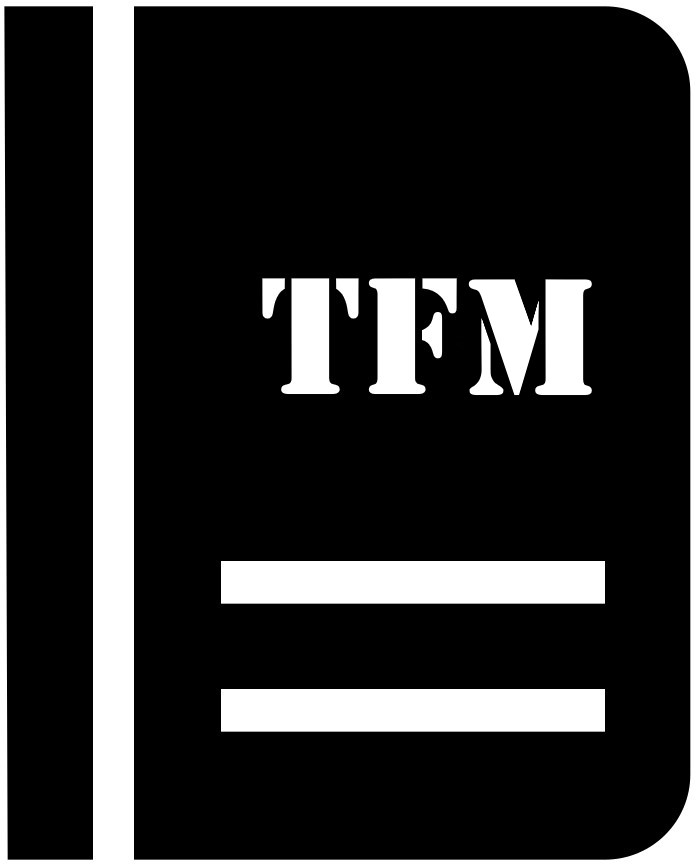|
Author Pitti Djida, Alain |
Abstract The diseases caused by tomato viruses like Tomato yellow leaf curl Sardinia virus (TYLCSV, genus Begomovirus, family Geminiviridae) are among the major problems affecting agriculture in Spain. Despite biotechnological advances, the virus continues to cause many losses and a decrease yield in tomato production. Therefore, it is more than necessary to find a sustainable solution to the problem. In the infectious cycle of the virus, the Rep protein of TYLCSV has been identified as the only protein essential for its replication. Moreover, all geminiviruses have Rep gene products with highly conserved active sites in common. For this reason, Rep is a potential target for the development of potential inhibitory compounds against these important plant pathogens. In the present work, which has a theoretical approach on the one hand and an experimental part on the other hand, we present and discuss the results obtained for the design, development, and fine-tuning of an optimized method for the mass screening of potential Rep inhibitors in vivo. The experiments made possible to construct plasmids that contain the Rep gene and test their transient expression in plants using Agrobacterium tumefaciens; and to optimize the conditions suitable for the visualization of the activity of active Rep in a GFP-based reporter system. |
|
|
Director Leivar Rico, Pablo; López-Moya, J.J |
||
|
Degree IQS SE - Master’s Degree in Bioengineering |
||
|
Date 2022-07-09
|



